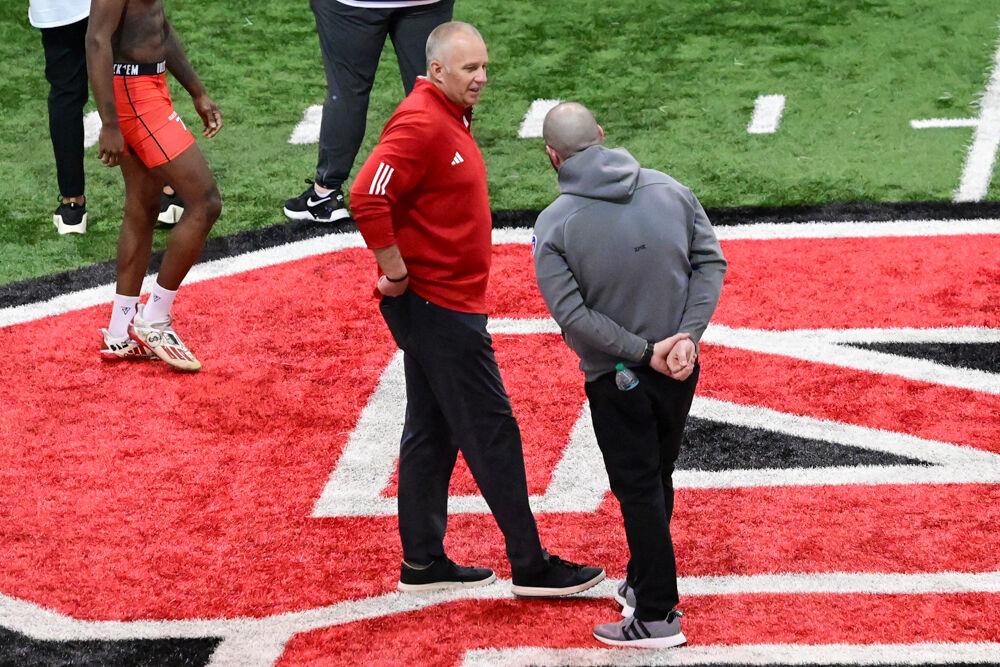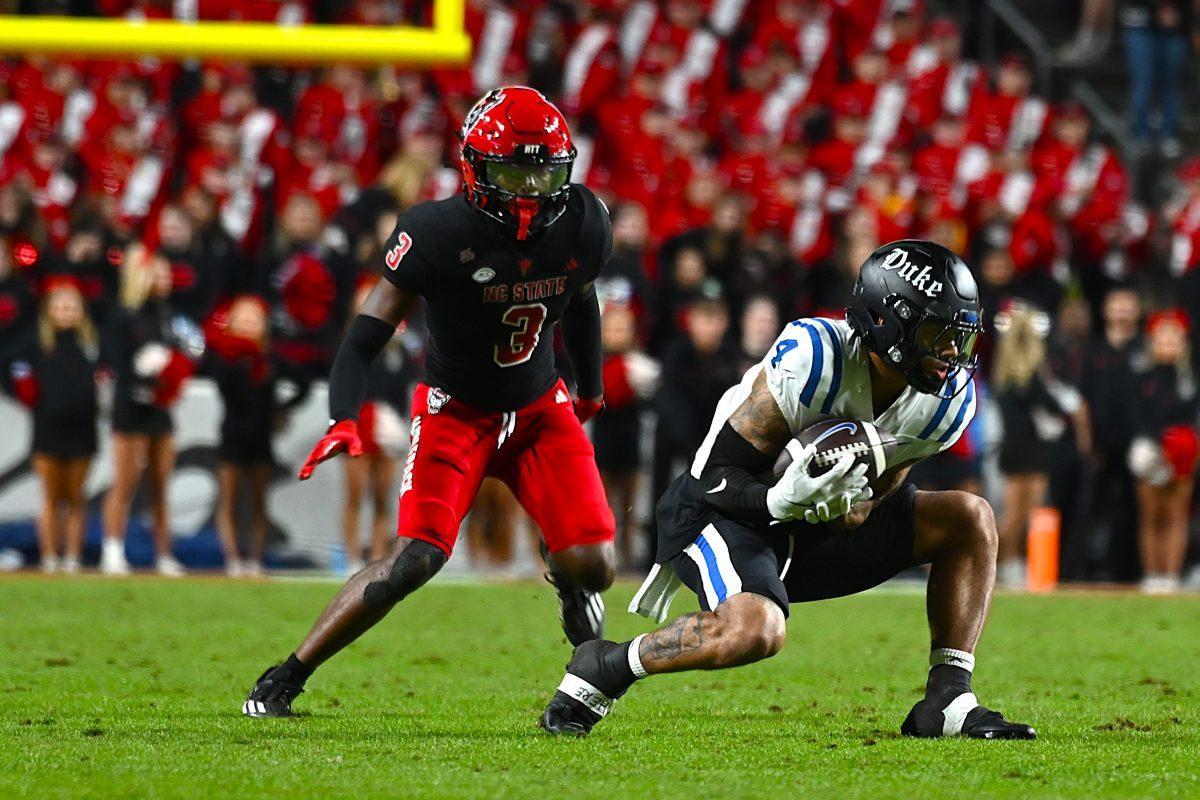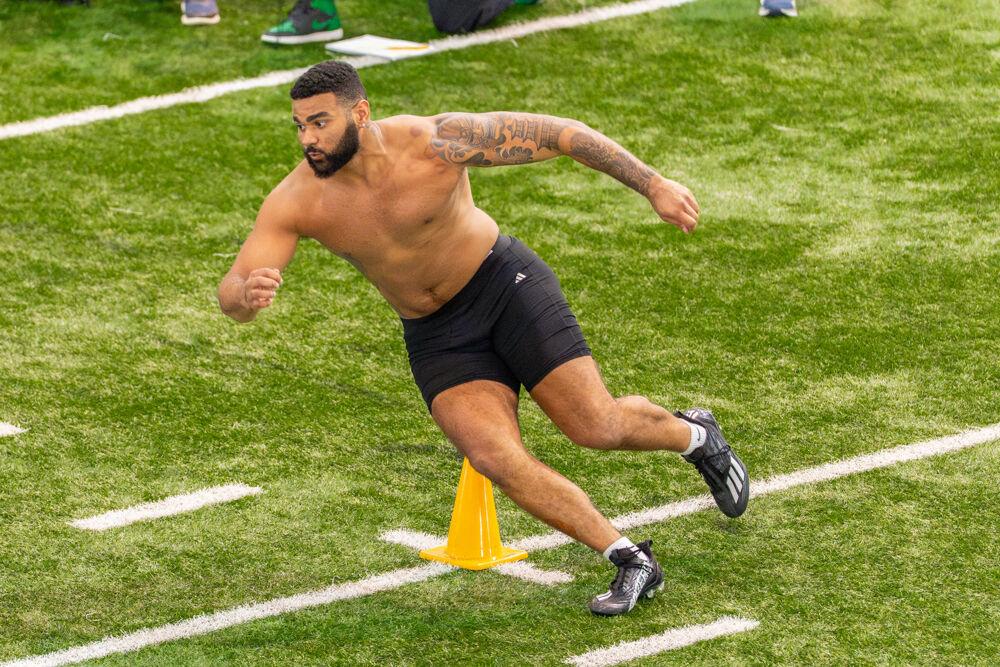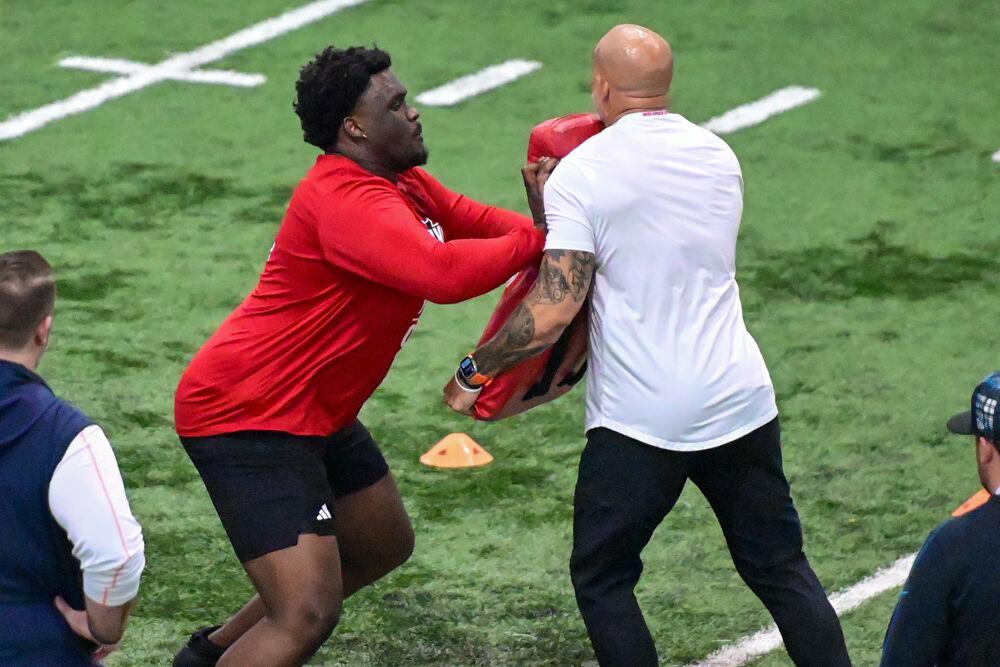Now midway through the 2015 season, the ACC divisions are still somewhat up in the air. Here’s a look at the strengths and weaknesses of contenders in each division.
The ACC Coastal Division hasn’t won the ACC Championship Game in five years, back when quarterback Tyrod Taylor led the Virginia Tech Hokies over Florida State in a 44-33 barn burner and has generally looked up to the Atlantic Division as Big Brother, with the two-headed monster of Florida State and Clemson thoroughly dominating play for much of the last decade.
Georgia Tech was the Coastal’s flagbearer at the beginning of the season, picked by many to supplant the Seminoles as top dog in the ACC. Through seven games of the season that notion has been tossed out the window, as Georgia Tech has lost five straight games and has a conference record of 0-4.
With games against No. 9 Florida State, Miami (FL), and Georgia still on the docket, the Yellow Jackets face the possibility of going from preseason No. 16 in the nation to staying at home for Christmas.
With Georgia Tech out of the equation, the ACC Coastal surprisingly features a loaded division poised to make life difficult for conference front-runners Clemson and Florida State.
No. 25 Pittsburgh was assumed done after the loss of Preseason ACC-Player of the Year running back James Connor, but has willed its way to a thrilling 5-1 start. If you haven’t been paying attention to the Panthers over the last year, boy have you been missing out.
The Panthers have had close victories over Youngstown State, Virginia Tech, Georgia Tech and Virginia, with the average margin of victory in those games being just five points. Nothing about the Panthers is pretty. They are a hard-nosed football team that is going to beat you with their stout defense and rushing attack. It’s the brand of football that head coach Pat Narduzzi brought with him from Michigan State and it is paying dividends.
The next few paragraphs will make NC State fans cringe, but North Carolina and Duke are part of what makes the Coastal so deep and terrifying for opposing coaches.
No. 23 Duke falls into the category with Pitt, playing a physical brand of football that has made them relevant in the ACC for several years.
Sitting at 5-1, the Blue Devils are second in the nation in points allowed, yielding only 9.3 PPG. Junior quarterback Thomas Sirk has played mistake-free football, and the Blue Devils have run for 13 touchdowns this season. Duke must play four of its last six on the road, which will test them, but don’t be surprised if they win the Coastal.
North Carolina has ridden its 10th-ranked offense in the nation to a 5-1 start, easily erasing the woes of losing to hapless South Carolina on opening night. Although the offense has played incredibly well (40.9 PPG), the defense’s improvements have the Tar Heels back in contention. The Tar Heels’ defense ranks 28th in the nation, one year after finishing 118th.
Don’t sleep on Miami, either, which has a pro prospect at quarterback (sophomore Brad Kaaya) leading its explosive pass offense that can be too much to handle for opposing defenses. Just ask Nebraska, who allowed Kaaya to rack up 379 yards and two touchdowns in a 36-33 Hurricanes win.
Also, technically in the conversation is Virginia. At 1-1 in the conference, the Cavs are one game back of the leaders. Their lone wins of the season have come against Syracuse (in triple overtime) and William and Mary (by six points), however, so don’t expect the Cavaliers to be in the picture very much longer.
The Tar Heels will square off against Pittsburgh in Week 9, followed by games with Duke and Miami (FL) at home in following weeks. These games will undoubtedly go a long way toward who will represent the ACC Coastal in the Championship Game.
Focusing on the Atlantic, no teams have even made an attempt this season to knock Clemson or Florida State from their perch. The two teams face a virtual elimination game Nov. 7 in Death Valley, with the winner likely advancing to the ACC Championship Game.
The Seminoles have been utterly dominant at home but struggled with Boston College and Wake Forest on the road. Clemson has already passed a major test by beating No. 6 Notre Dame at home earlier this season.
Each team has an athletic, star quarterback leading the way, with Clemson’s sophomore Deshaun Watson spearheading the Tigers’ 30th ranked passing attack and Florida State’s redshirt-senior Everett Golson teaming up with stud running back Dalvin Cook to create an explosive tandem for the Seminoles.
Each team plays tough defense and will make life difficult for the offensive coordinators heading in. However, Florida State has the edge because of Golson’s ability to protect the ball.
Golson does a tremendous job of releasing the ball quickly and avoiding sacks; however, he is doing it safely. Plagued early in his career by turnovers, Golson has changed his game for the better in Tallahassee and has proved to be the antithesis of former Seminoles quarterback Jameis Winston, who turned the ball over frequently.
If Golson plays mistake free and Cook is given the opportunity to run wild on the Clemson defense, we could see a similar result in Death Valley as years past (Florida State has won the last three matchups).
Either way, the Coastal figures to be waiting for them with a more than willing opponent, something no one was expecting.












